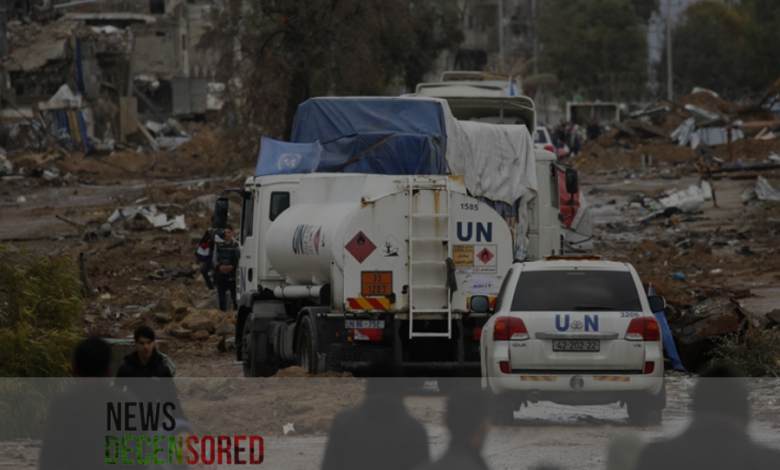NATO Members ‘Cannot Turn a Blind Eye’ to Gaza: Türkiye

Recent statements by Türkiye have urged its NATO allies to be further involved in the troubled area of Gaza as a whole. This appeal speaks about the growing tension and humanitarian concerns of this region, underscoring that NATO members cannot disregard the suffering and instability in Gaza.
Coins, a high-ranking NATO state, has expressed openly its extreme worries over the humanitarian situation in Gaza. The officials explain that massive civilian casualties and mass property destruction make it such that this crisis needs a forceful and coordinated reaction from members of the international community, more so considering NATO members who hold an appreciable level of geopolitical influence and resources.
The Turkish government has been pointing out the harsh living conditions in Gaza, which faces a massive shortage of food, water, and medicinal supplies. Continuous conflicts and blockades have been straining these living conditions, making them unbearable by stretching the limits of living standards. This appeal by Ankara is motivated by moral and ethical considerations to spur fellow NATO allies to respond to the growing humanitarian crisis.
Traditionally, NATO has been a military alliance committed to defending its member nations against the Soviet bloc. Now, the principal task consists of collective defense and security. However, Türkiye’s call puts forward a broader notion of security involving human security and stability in conflict zones. According to Türkiye, if not attended to, such crises would bring about more instability, which may eventually affect regional and global security dynamics.
Such steps could involve an attempt to negotiate a diplomatic cease-fire, arrangements for humanitarian supplies, and reconstruction within Gaza. Option two would be increased political pressure on the parties involved in the conflict to respect norms and rules of international law and human rights. More valuable, NATO can use its resources to support humanitarian organizations operating in the area to ensure that aid is delivered to those who require it.
The call by Türkiye elicits mixed reactions on the international stage. While some NATO members share concerns with Türkiye regarding the humanitarian situation in Gaza, many are extremely careful about direct involvement in what is primarily perceived as a complex, deep-rooted conflict. Balancing the traditional security focus of the alliance with an increased humanitarian mission that underpins security remains the challenge.
Nationally, the quest for intervention by Türkiye finds massive support from several Middle Eastern countries — long-time advocates for more significant international intervention in Gaza. These countries view this call by Türkiye as something positive towards marshaling gains in global support and giving more attention to the plight of the Palestinian people.
One of the major appeals of Türkiye rests in its historical background, which has been characterized by steadfast support for the Palestinian question. Recently, Ankara has condemned some of the policies applied by Israel in Gaza and bound itself to a two-state solution to the Israeli-Palestinian conflict. The historic streak fortifies the present position of Türkiye and furthers harm to its previous stance in fighting for the rights of Palestinians at the international level.
What is currently happening in Gaza remains an acute problem, one that also concerns the entire civilized world and needs urgent attention and action. The call by Türkiye to its NATO allies not to “turn a blind eye” is a significant appeal for reconsidering the broader definition of security duties and humanitarian duty. Classical NATO duties may not be directly related to humanitarian intervention, but new anti-global trends of conflicts and crises demand more flexible and responsive approaches.
The stance of Türkiye has the disruptive effect of prompting NATO members to reflect on what contribution they can offer toward resolving humanitarian crises while maintaining their security commitments at home. The answer to this call may very well define the future role of NATO in dealing with traditional security threats and humanitarian challenges that increasingly impact global stability.




